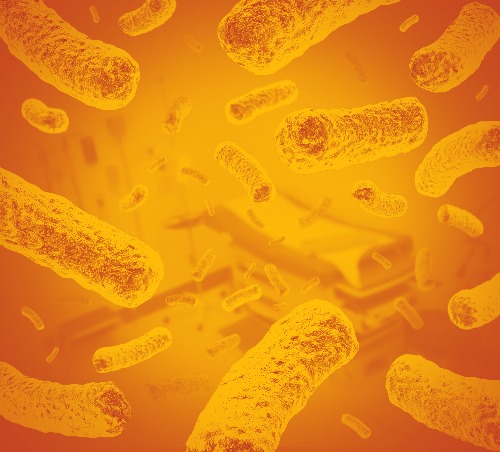Chest Infection in the Body-Oren Zarif
- Oren Zarif

- Apr 6, 2022
- 3 min read
If you suspect you have a chest infection, here are some things you can do to prevent it. Boosting your immune system is important. The pneumococcal vaccine is one way to avoid this infection. Avoid smoking and limit alcohol intake. Wash your hands often and cover your mouth when coughing. Always dispose of tissues properly. Lastly, if you have a chest infection, call your doctor for a diagnosis.
Symptoms
If you are suffering from any of the symptoms above, it may be time to see your doctor. You may be given antibiotics or a rest period to ease the symptoms. Your doctor may also prescribe an antibacterial medication to clear up the infection. Medications for chest infections are typically antibiotics. Antibiotics are generally prescribed only for bacterial chest infections. People with pneumonia may need to be hospitalized. In the meantime, there are many other ways to prevent chest infections and treat them.
Chest infections are infections of the airways of the lungs and can affect the lower respiratory tract. Fortunately, most chest infections are mild, lasting only a week or two. While coughing may last for up to three weeks, the symptoms are usually gone after a few days. To get rid of the infection, you should rest and stay hydrated. You should also stay away from people who are coughing, because their cough can contain bacteria and viruses.
זיהום
Diagnosis
Diagnosis of chest infection in the human body involves a careful medical history and physical examination. During the initial visit, your doctor will ask you about your symptoms, medical history, smoking habits, and any other information that will help them make a proper diagnosis. After your doctor has evaluated your symptoms and medical history, they may recommend some tests. For instance, an X-ray of the chest may be necessary in order to determine the infection's severity.
Acute bronchitis and pneumonia are common types of chest infection. The first is caused by a virus, such as the respiratory syncytial virus, which causes a cough and shortness of breath. Bacterial pneumonia, on the other hand, is caused by bacteria and causes more severe symptoms. Bacterial pneumonia may be a result of a bacterium, such as staph, pneumococcus, or pertussis. The doctor will check the person's vital signs and listen to the lungs to determine which one is causing the symptoms. The doctor may also order a chest X-ray to determine which of these infections is the most likely cause of the symptoms.
There are two types of chest infections: acute bronchitis and chronic bronchitis. Acute bronchitis is inflammation of the lungs, usually caused by a virus, whereas chronic bronchitis is caused by a bacterial infection. In either case, treatment will usually involve antibiotics. Acute bronchitis is usually temporary, but severe cases may require hospitalization.
In most cases, bacterial chest infections are treated with antibiotics. Although antibiotics can be used at home, you should consult a doctor if you develop a resistant type. You should take your prescribed antibiotics for the full course of treatment, which may require a hospital stay. OTC medications that lower fever and relieve aches and pains can help loosen mucus and cough. To avoid catching chest infections, get plenty of rest and drink plenty of fluids.
Prevention
Preventing a chest infection in the body can be quite easy if you know how to get it and avoid getting it again. You can get chest infections due to bacterial or viral infections of the lower respiratory tract. They can be mild or severe depending on the severity. Mild chest infections usually get better on their own and do not require a trip to the doctor. More serious infections may require antibiotics and hospitalization.
In addition to over-the-counter drugs, doctors may prescribe specific antibiotics to treat your infection. Often, antibiotics are prescribed to treat bacterial infections and antivirals for viral infections. Antibiotics are also often prescribed if you have an increased risk of developing side effects or complications. More severe infections may even require hospitalization, which may include intravenous fluids and antimicrobial treatment. Prevention of chest infection in the body
.png)














Comments